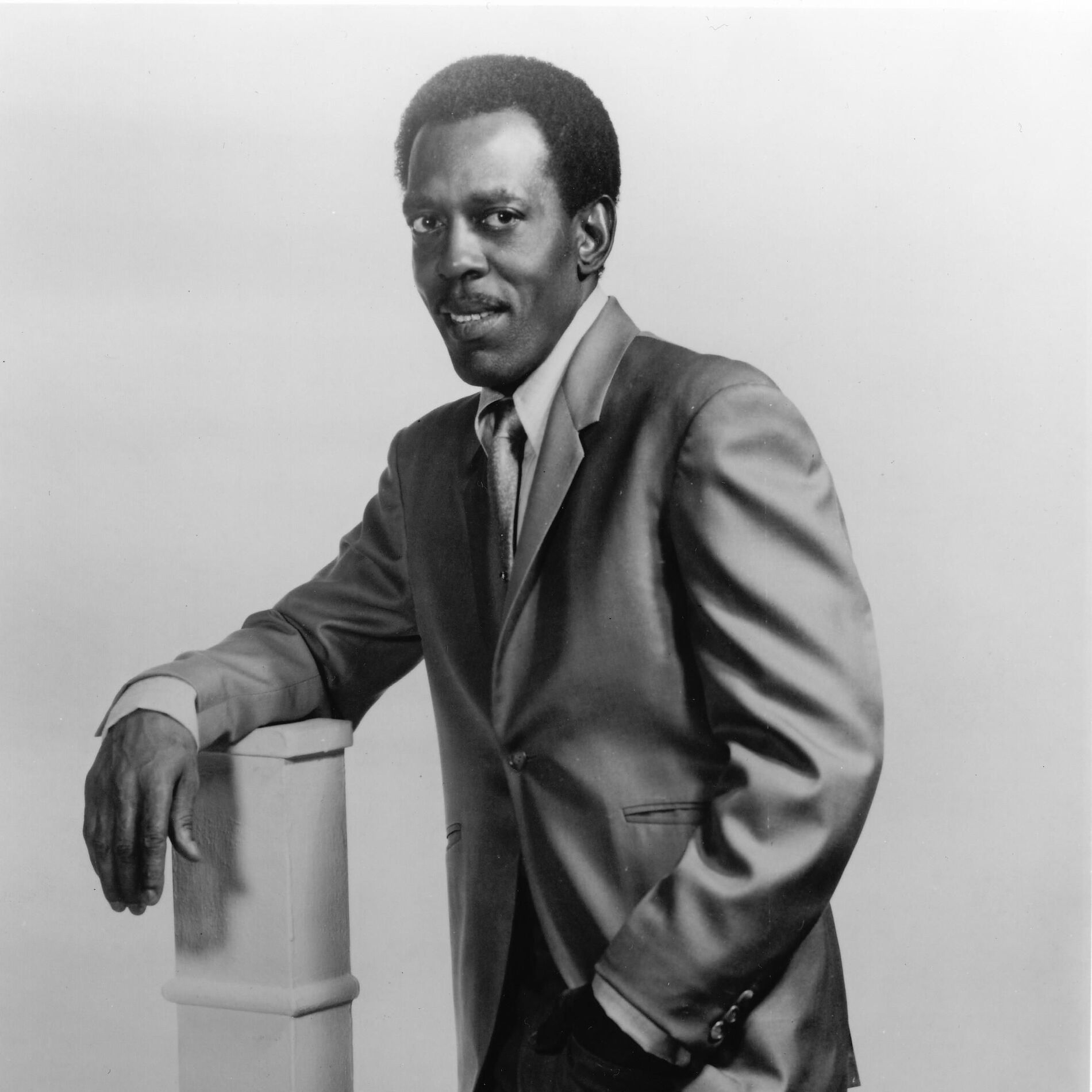Rosco Gordon was a pivotal figure in the evolution of postwar American blues and R&B, remembered for his unique piano style, signature “Rosco Rhythm,” and his influence on the development of ska and reggae. Born in Memphis, Tennessee, Gordon’s work bridged musical worlds and left a lasting imprint on the sound of modern music.
Early Life and Musical Roots
Rosco N. Gordon III was born on April 10, 1928, in Memphis, Tennessee. Raised in a musical family as the youngest of eight children, Gordon was exposed to gospel, blues, and boogie-woogie from a young age. Like many African American musicians of his era, his earliest musical experiences came from the church, where rhythm and emotion took center stage.
Memphis in the 1940s and 1950s was a cultural melting pot and a hotbed of musical innovation. Gordon immersed himself in the thriving Beale Street scene, a hub for blues musicians. It was there that he met fellow up-and-comers such as B.B. King, Bobby “Blue” Bland, and Johnny Ace.
The Rise of the “Rosco Rhythm”
Rosco Gordon’s rise to fame began in the early 1950s. His distinctive piano style, marked by an offbeat shuffle rhythm, became his trademark. This style—known later as the “Rosco Rhythm”—would prove to be highly influential, particularly in the Caribbean, where it played a key role in the development of ska and reggae.
In 1951, Gordon recorded “Booted,” which became a No. 1 hit on the Billboard R&B chart. That same year, he also had success with “No More Doggin’,” another chart-topper that showcased his driving piano and expressive vocals. These early recordings were released by the legendary Sun Records and RPM, with Gordon caught in the often-conflicted web of 1950s music business deals.
Despite disputes over royalties and credits, Gordon remained a creative force. He continued recording for labels like Chess and Vee-Jay, and his energetic performances earned him a strong following across the Southern U.S. and beyond.
Influence and Legacy
While Gordon’s fame never quite matched that of his Memphis contemporaries, his impact was substantial. His off-beat piano patterns had a surprising global reach. Jamaican musicians in the 1950s were captivated by American R&B, and Gordon’s records, especially “No More Doggin’,” became foundational listening. His rhythm would be absorbed into the DNA of ska music, eventually influencing reggae artists such as Bob Marley and Jimmy Cliff.
In the U.S., Gordon’s work also paved the way for the rhythm-heavy stylings of early rock and roll and soul music. He continued to tour sporadically through the 1960s and 1970s, but like many blues musicians of his generation, his commercial success faded as musical tastes shifted.
Later Years and Rediscovery
Rosco Gordon experienced a career revival in the 1980s and 1990s, thanks in part to the renewed global interest in classic blues. He toured Europe, performed at festivals, and recorded new material that stayed true to his original style.
In 2002, Gordon participated in the acclaimed PBS documentary The Road to Memphis, part of the Martin Scorsese Presents The Blues series. He also recorded a comeback album, No Dark in America, which was released posthumously.
Rosco Gordon passed away on July 11, 2002, at the age of 74, just days after completing his final recording sessions. His death marked the end of a remarkable journey through the changing landscape of American music.
Conclusion
Rosco Gordon’s story is one of innovation, resilience, and influence. Though he never achieved superstar status, his musical ideas resonated far beyond Memphis, helping to shape the sound of global genres. Today, he is rightly remembered as a pioneer of R&B and a hidden architect of reggae—a testament to the power of rhythm and originality.


No responses yet